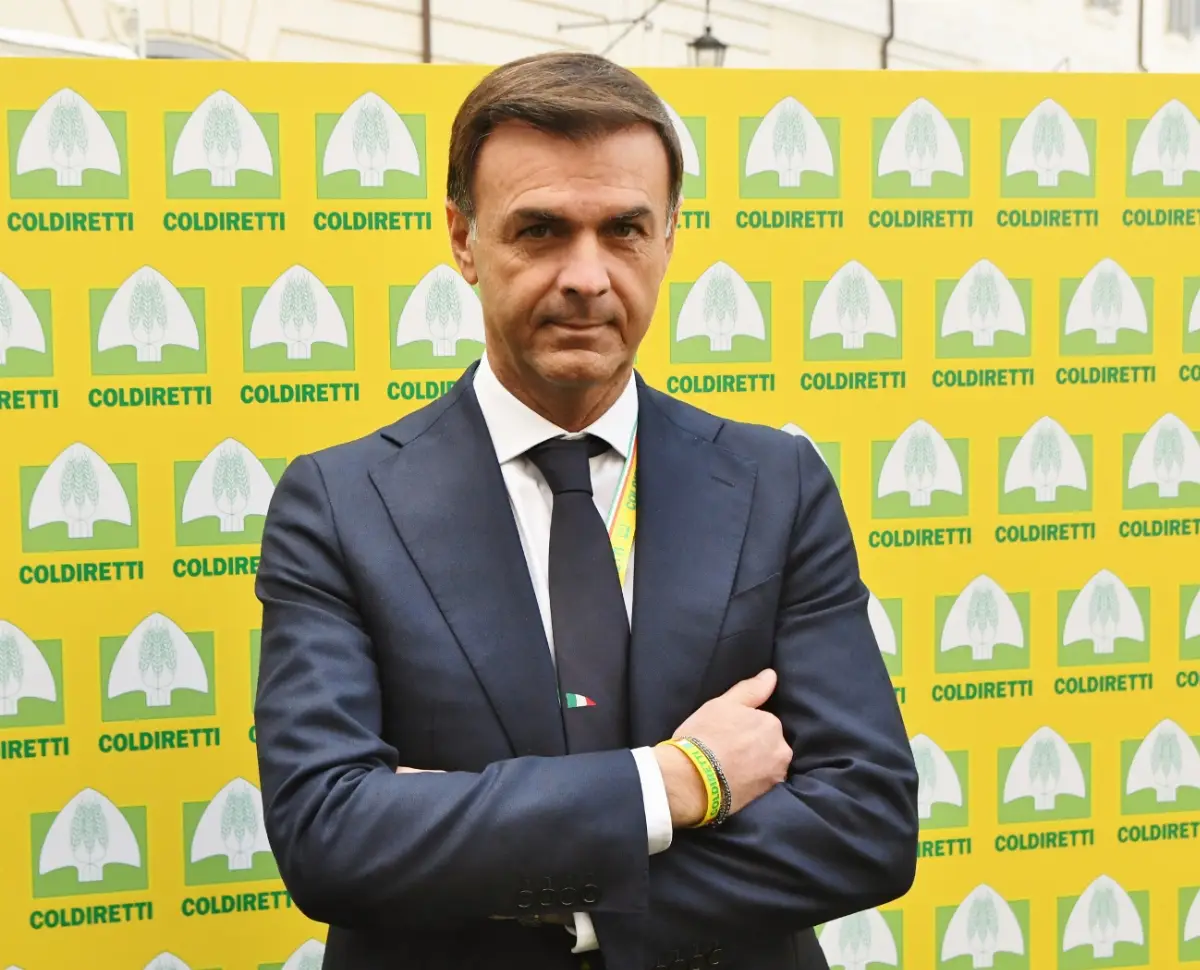
Do you want to access to this and other private contents?
Log in if you are a subscriber or click here to request service
Artificial foods: 12-country alliance against EU authorisation
Altolà ahead of the Council of Europe Agrifish of 23 January

"Before any authorisation we ask the Commission to initiate a genuine and comprehensive public consultation on cell-based products" which "can never be called meat" and place "ethical, economic, social and environmental issues, as well as on nutrition and health security" is stated in the document of the Austrian, French and Italian delegations but also supported by the Czech, Cypriot, Greek and Hungarian...
fc - 37631
EFA News - European Food Agency
EFA News - European Food Agency